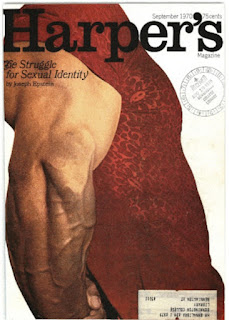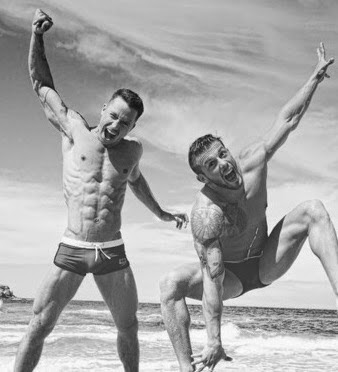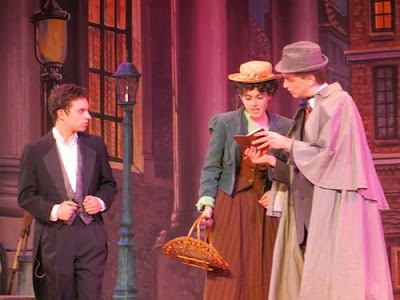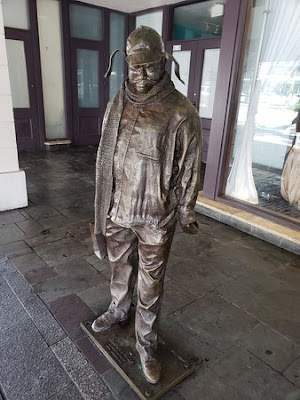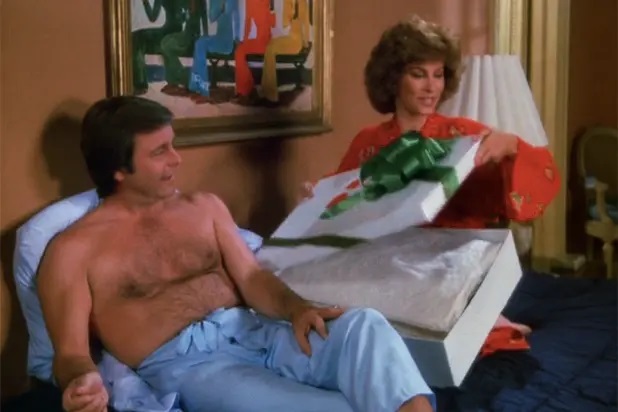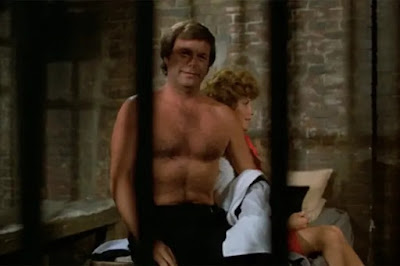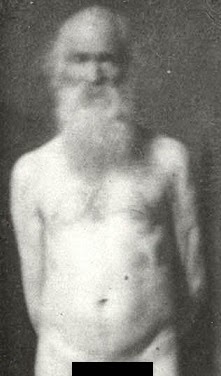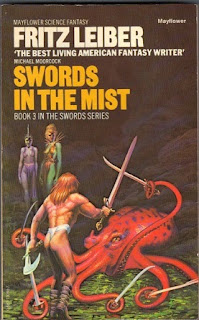When I first met Fred the Ministerial Student during my sophomore year at Augustana College, I tried to determine if he was gay by examining his bookcases for books by gay authors -- I only knew about Tennessee Williams, Oscar Wilde, and Shakespeare. I didn't find anything.
In the open, anyway.
One day a few months after we began dating, Fred asked me to get something from his bedroom closet, and I found a secret bookshelf, facing away from view, so even if the door was ajar, you wouldn't know what was there.
Curious, I pulled a book out. Familiar Faces: Hidden Lives: The Story of Homosexual Men in America Today, by Howard Brown.
I had never seen a nonfiction book about gay people.
"There are a few others," Fred told me. "I have almost all of the nonfiction, I think. Of course, it has to be hidden."
"I've never seen a gay book in a bookstore."
"Not likely. They wouldn't stock any -- it's illegal to put them out on the shelves -- and besides, who would walk up to the counter and try to buy one?" "It's all by mail. You don't have to give them your name, just a money order and post office box."
 With Fred's permission, I spent the afternoon going through the seven gay books in existence.
With Fred's permission, I spent the afternoon going through the seven gay books in existence.1. Familiar Faces, Hidden Lives.
2. Greek Homosexuality
3. The Homosexual Matrix
4. Is the Homosexual My Neighbor?: Another Christian View
5. Jonathan Loved David: Homosexuality in Biblical Times
6. Iolaus, An Anthology of Friendship, by early gay activist Edward Carpenter
7. A slim hardback, On Being Different: What it Means to be a Homosexual, by Merle Miller.
(Fred was actually mistaken; there were about 30 nonfiction books about gay people in print in the U.S. in 1980.)
The only author I recognized was Merle Miller. My English and journalism teachers were always praising him:
Born right next door to Rock Island, in Marshalltown, Iowa, a graduate of the University of Iowa, and now look at him! A famous journalist, novelist, and historian, biographer of presidents!
Read his books for a model of good writing.
They didn't mention, or they didn't know, that in in January 1971, Merle Miller came out in an article in The New York Times Magazine: "What It Means to Be a Homosexual."
It was a response to Jacob Epstein, who wrote in the September 1970 issue of Harper's that "If I had the power to do so, I would wish homosexuality off the face of the Earth. I would do so because I think it brings infinitely more pain than pleasure to those who are forced to live with it..and because, wholly selfishly, I find myself completely incapable of coming to terms with it."
His rebuttal received 2000 responses (back when you had to write physical letters), many positive, and was reprinted, with an afterward, in On Being Different, the slim hardbound volume that I found on Fred's hidden bookshelf. It was republished again in 2012, with a foreward by conservative gay columnist Dan Savage.


